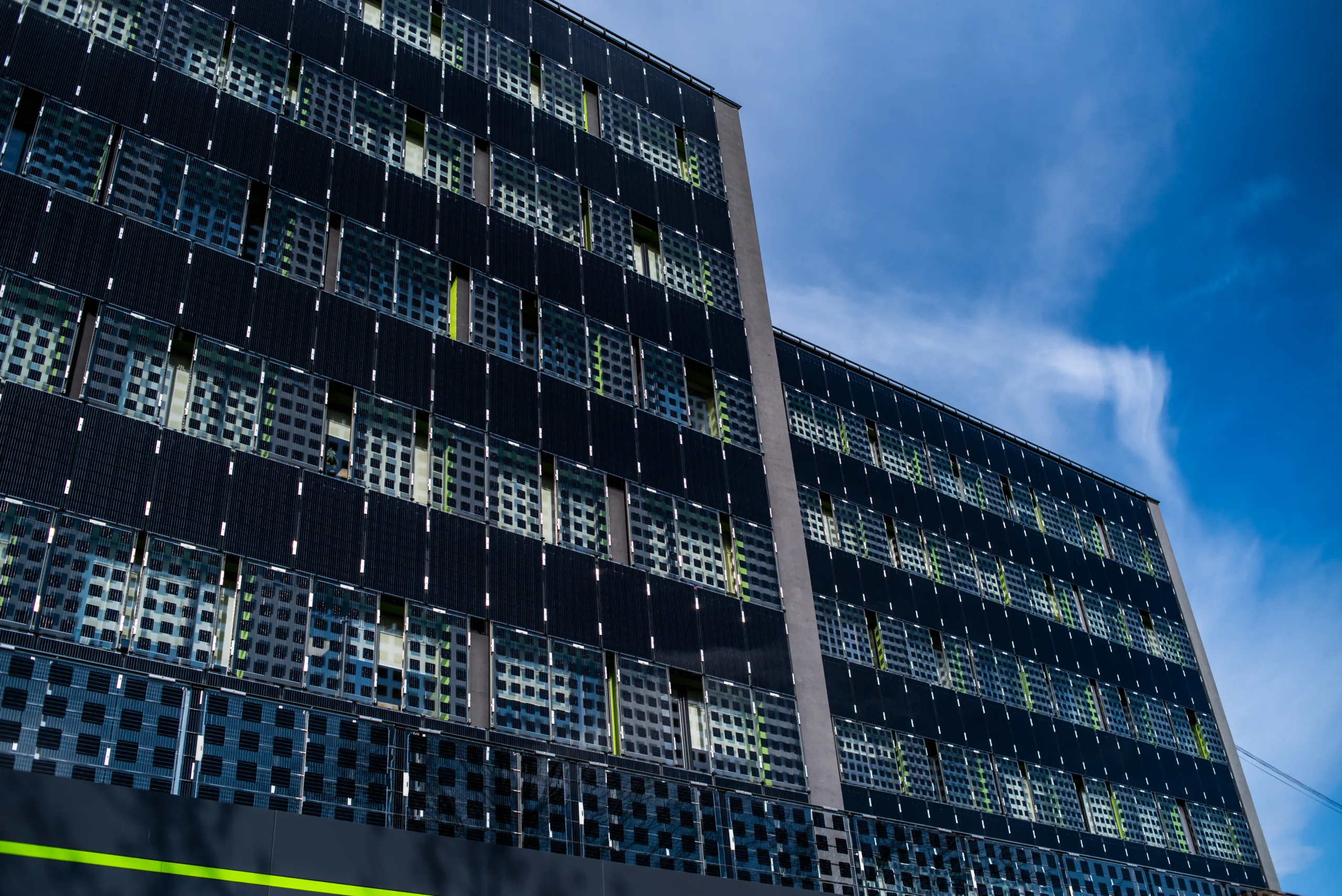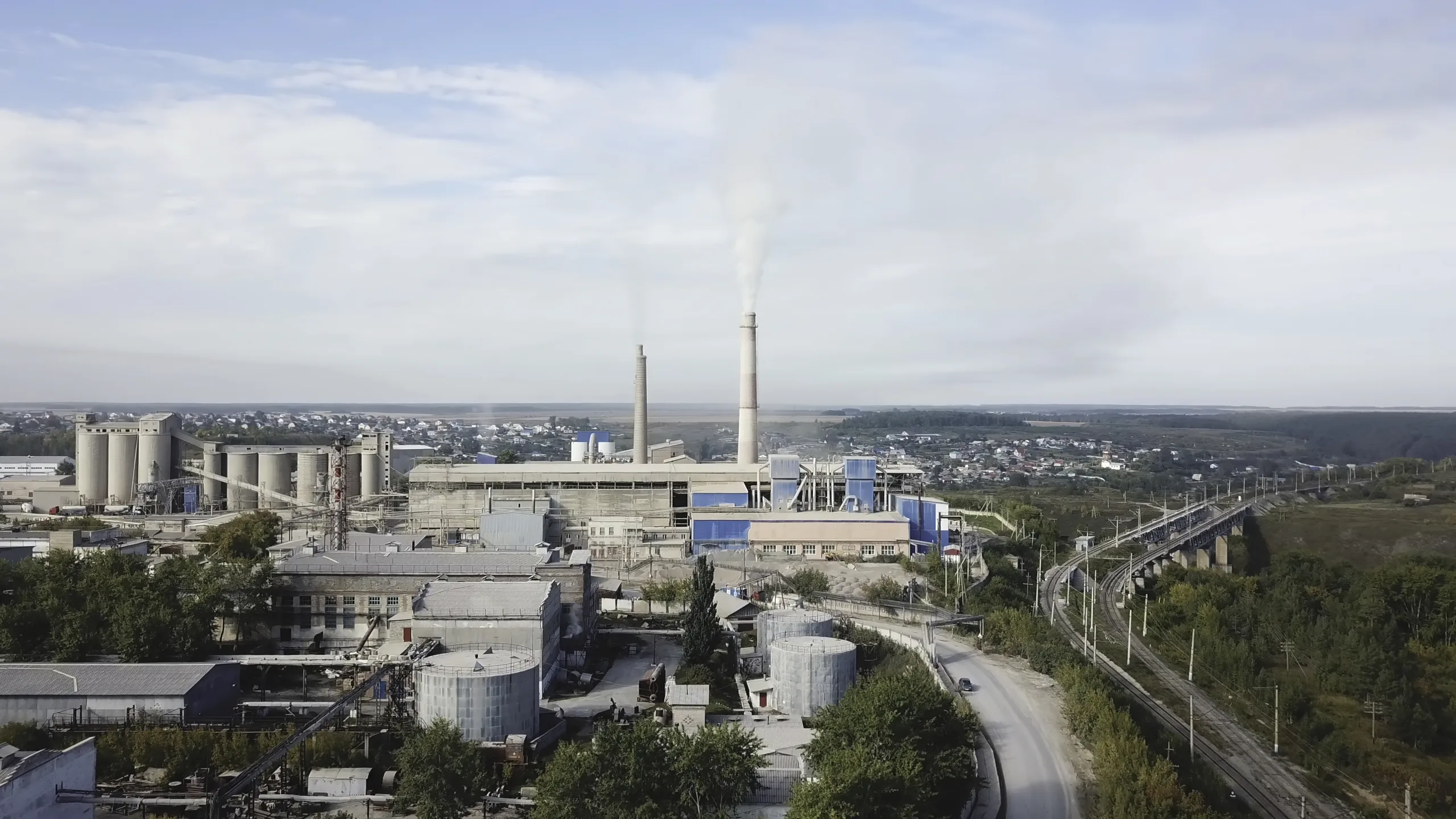- A growing number of major employers, including Wells Fargo, Verizon, and Amazon, are publicly embracing headcount reductions, citing AI and automation as key drivers.
- Office market demand is shrinking as corporate downsizing accelerates, with reduced space needs and ongoing consolidation of IT and real estate platforms.
- The World Economic Forum reports that 41% of companies plan staff reductions due to obsolete skills, with 83% already implementing AI tools.
Corporate America Embraces Leaner Teams
Top executives are now openly discussing workforce reductions during earnings calls and investor updates, reports GlobeSt. This marks a significant shift in how corporations approach staffing. Wells Fargo CEO Charles Scharf cited attrition and automation as long-term efficiency tools, while CFO Michael Santomassimo noted 20 straight quarters of workforce decline.
The trend isn’t limited to banking. Union Pacific, Verizon, Amazon, and Microsoft are also making deep cuts. Verizon’s CEO Hans Vestberg called the company’s shrinking headcount a point of pride, and its CFO directly tied the cuts to AI implementation and real estate consolidation.
Get Smarter about what matters in CRE
Stay ahead of trends in commercial real estate with CRE Daily – the free newsletter delivering everything you need to start your day in just 5-minutes
AI’s Role In Reshaping Workforce Strategy
Amazon CEO Andy Jassy pointed to generative AI and digital agents as major drivers of future job reductions. He stated the company expects its corporate workforce to shrink over time. Across the tech sector, tens of thousands of jobs have already been cut in 2025. Microsoft and Intel alone account for over 40K layoffs globally.
The World Economic Forum’s Future of Jobs Report 2025 confirms the shift: 83% of employers are deploying AI tools, and 41% expect to cut staff whose skills are becoming obsolete.
Fewer Workers, Less Office Space
Fewer employees means fewer desks—and less demand for office real estate. As technology allows firms to operate with leaner teams, especially in white-collar sectors, office vacancy rates are expected to remain elevated. Real estate consolidation, noted by Verizon leadership, is becoming a common strategy alongside layoffs.
Molly Kinder, a senior fellow at the Brookings Institution, warned of long-term consequences. Speaking to the Wall Street Journal, she said: “It’s happening in plain sight with no pushback… I don’t think that’s good news for the American worker.”
Why It Matters
The normalization of tech-driven job cuts is reshaping the labor market and weakening the outlook for commercial office recovery. With AI adoption accelerating and companies scaling back physical footprints, the pressure on the office market is unlikely to ease anytime soon.
What’s Next
Expect continued staff reductions and real estate downsizing as generative AI reshapes job functions. While cost savings and productivity are up for corporations, the long-term impact on office demand—and worker stability—remains a growing concern for both the labor market and CRE investors.



















